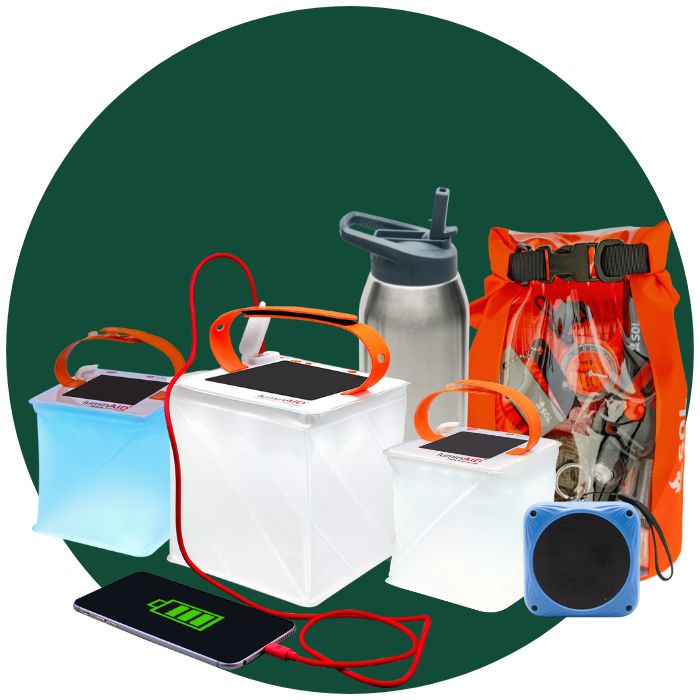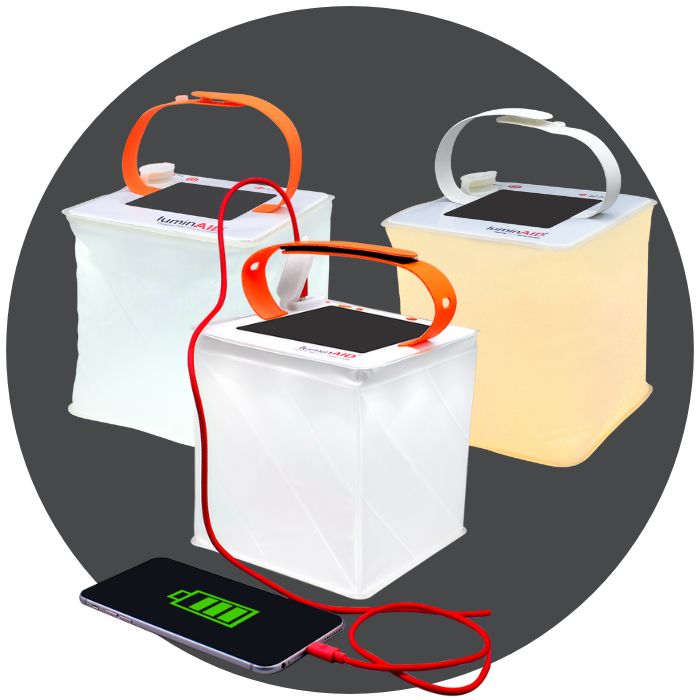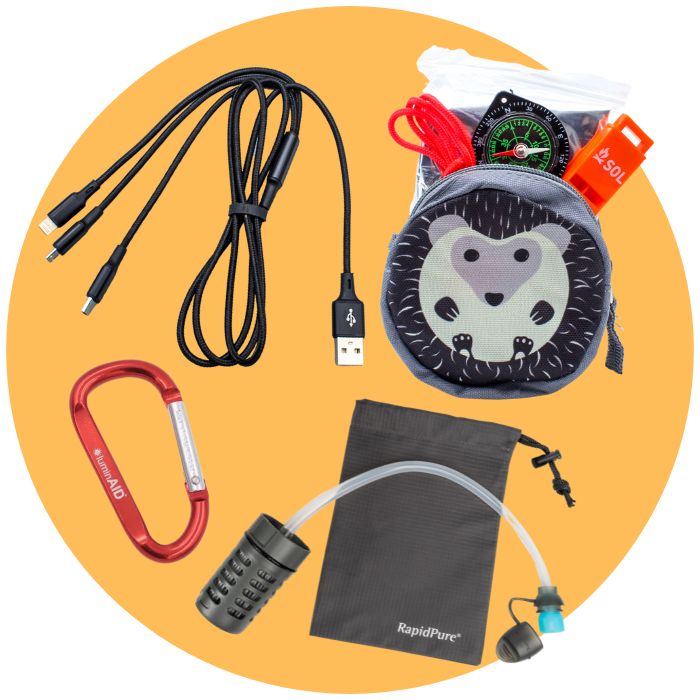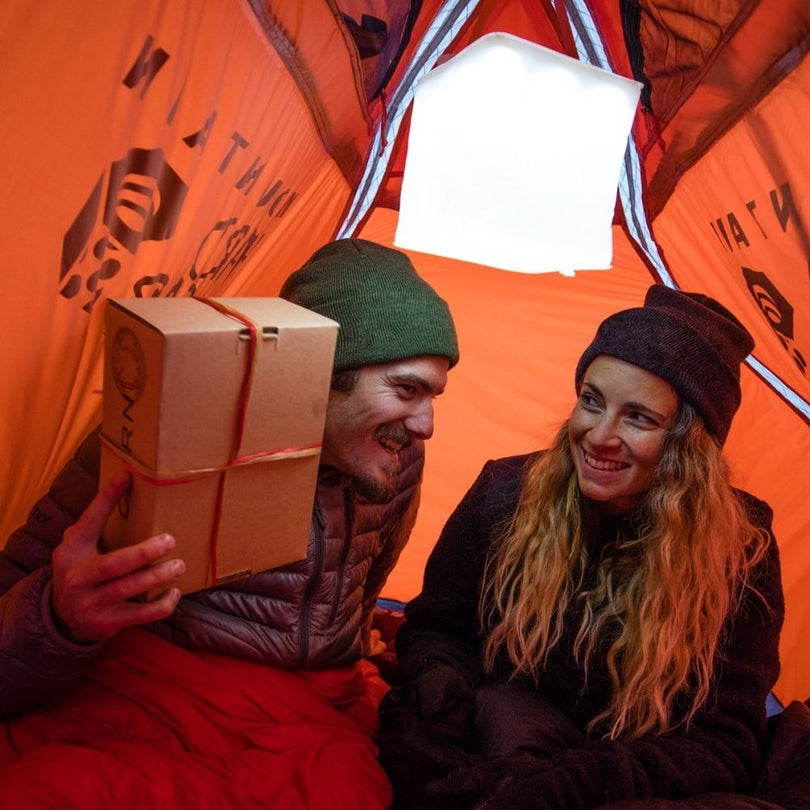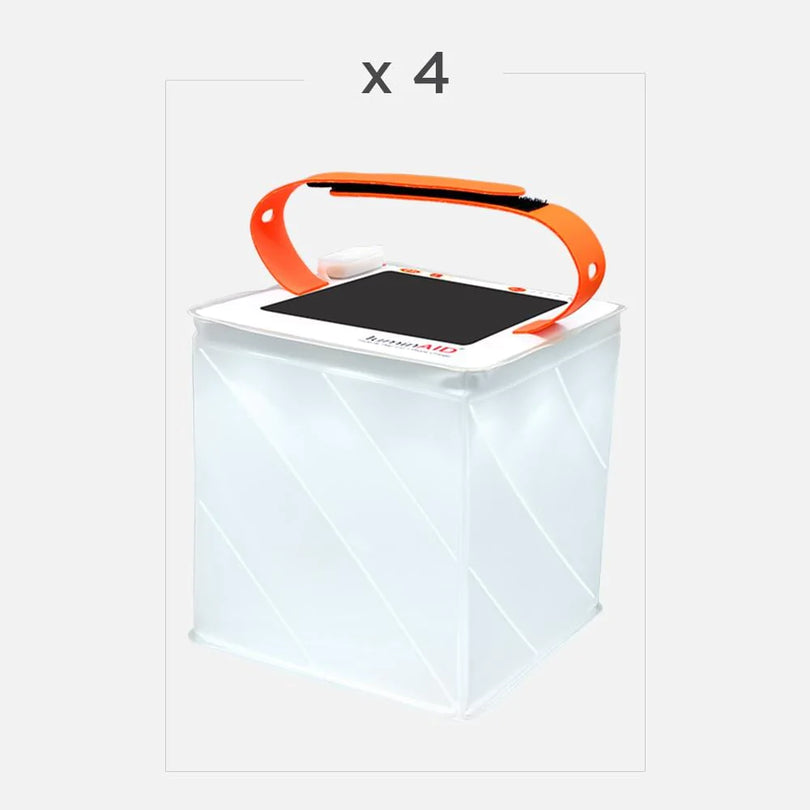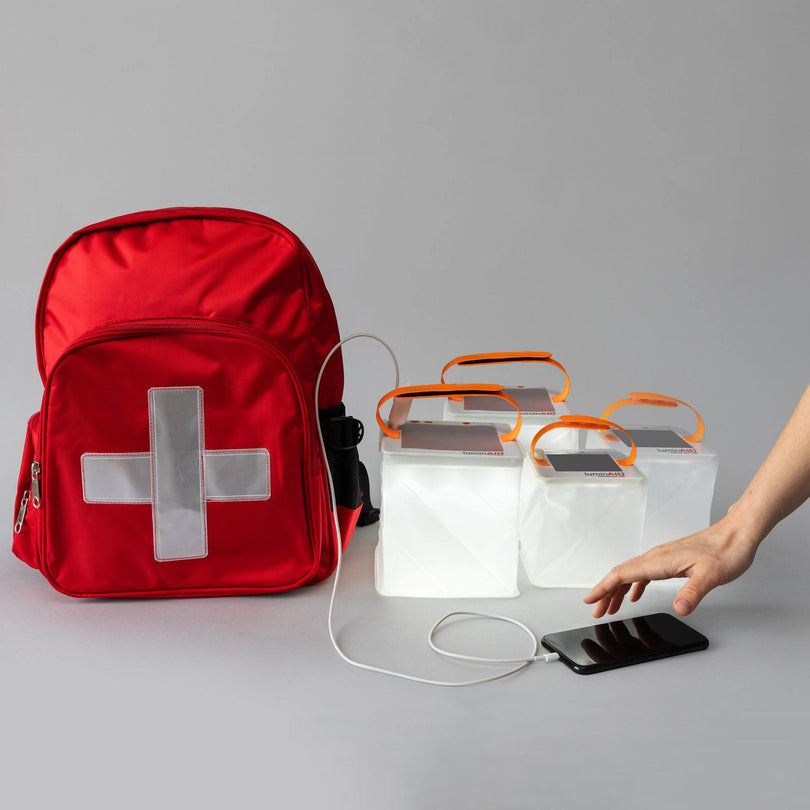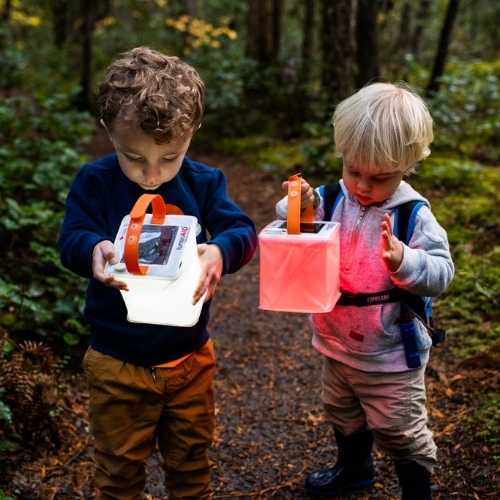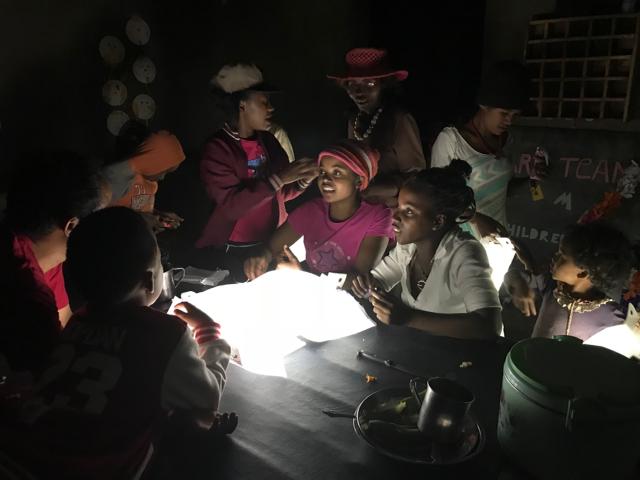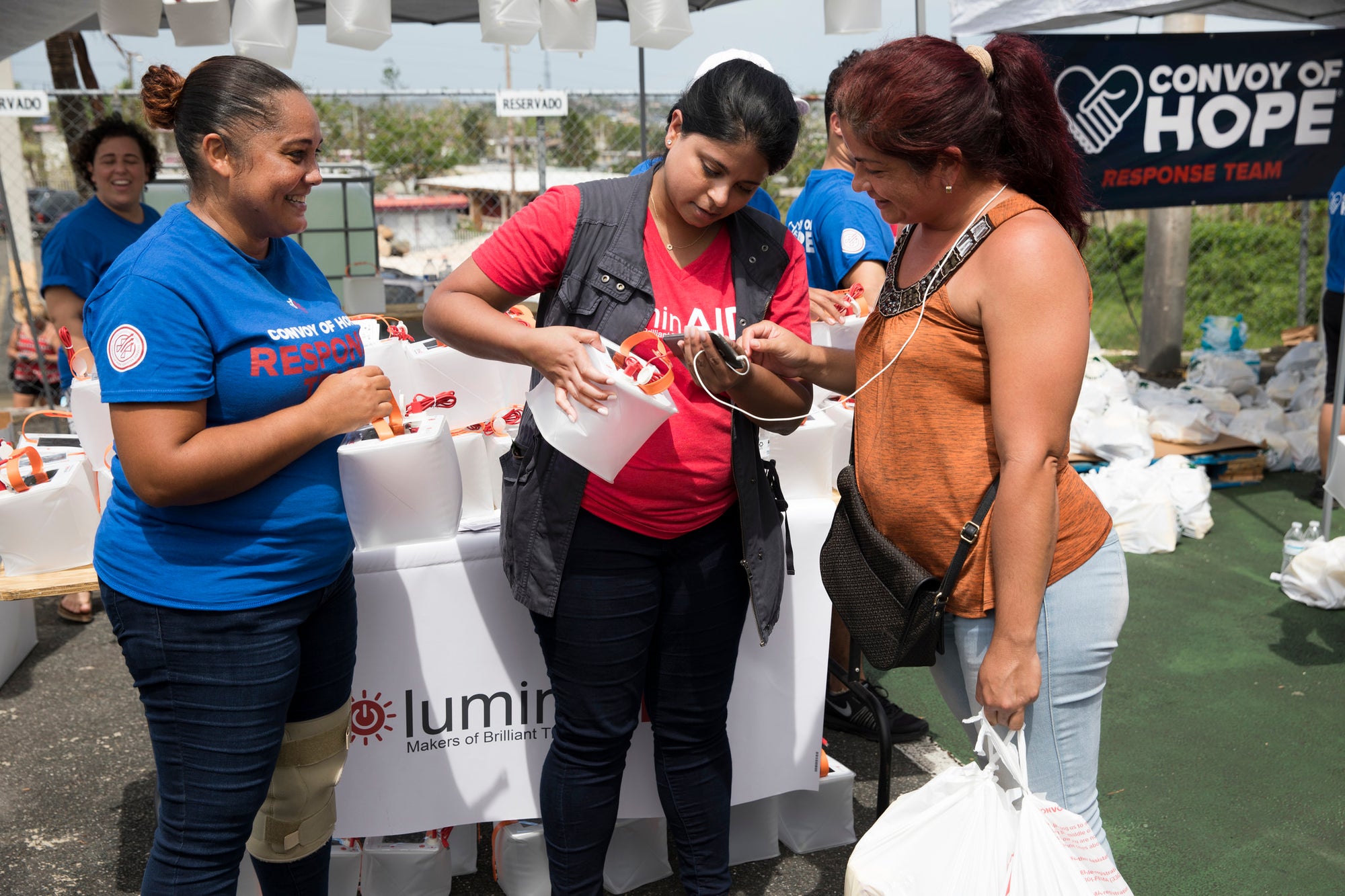We are excited to introduce the next installment in our new series, Notes from the Field, dedicated to guest bloggers who have taken and distributed LuminAIDs in parts of the world where people lack stable access to electricity. This installment will feature Rajany, a peace corps volunteer in Madagascar. We are excited to stay in touch with her as she distributes LuminAIDs to the silk weavers she works with as part of our Give Light, Get Light program and to learn more about how LuminAID lights can play a role in improving people’s lives and livelihoods. Thank you to Rajany for helping to spread LuminAID’s mission to provide access to clean and safe lighting to all!
"Within my community, the lights have been given to my silkweavers, who have no electricity in their homes. They use looms to weave beautiful silk scarves and have difficulty doing so after the sun goes down. Currently, they spend a lot of money on candles (which they really cannot afford) in order to work when there is no sunlight. With LuminAID lights, they will be able to continue their work in the evenings to create scarves to sell and feed their families.
"Our towns are very small and there is no electricity or running water. There is also no typical day here in Madagascar. However, some routines that occur every day, are getting up before the sun rises, fetching water, feeding the animals (chickens, pigs, geese) and taking the cows out to graze, spending all morning and most of the afternoon working on making silk scarves. Once the sun goes down, everyone lights up their candles and continue working or doing day-to-day activities.
"The LuminAID lights have been incredibly beneficial to the weavers as they no longer spend most of their hard-earned money on candles and are able to work in the evening carefree since they have a reliable source of light. LuminAID lights have provided a sustainable, durable, and reliable source of light for the weavers to keep their business going and helping them generate income for their families and their community."

